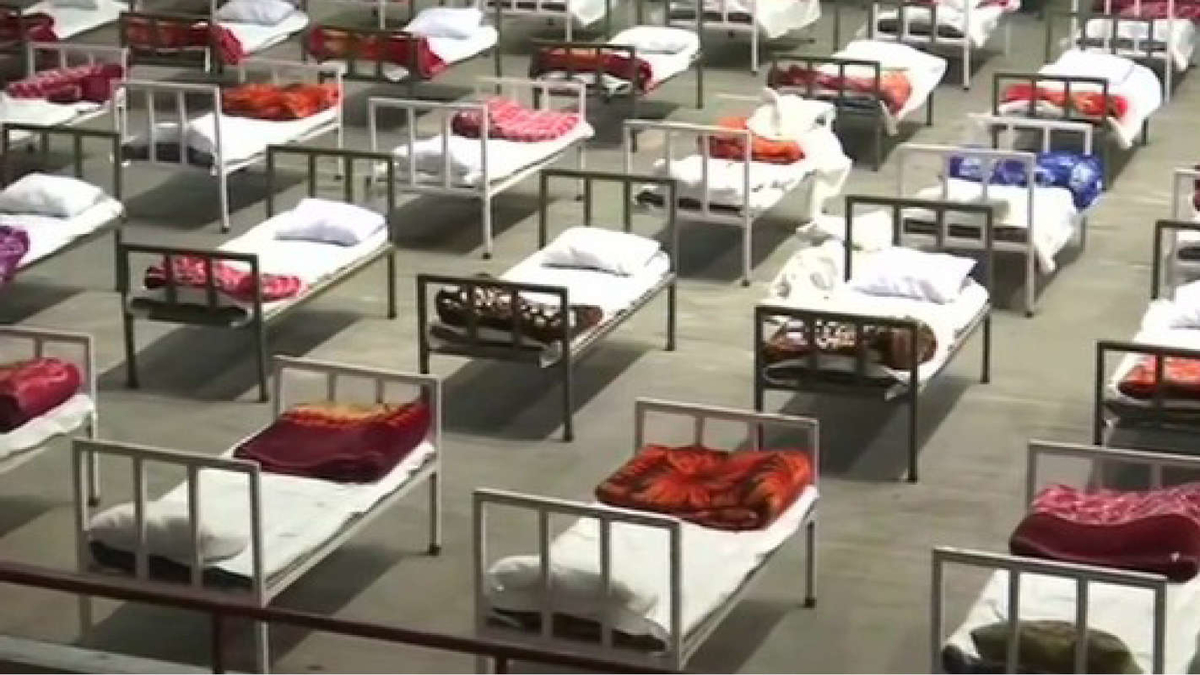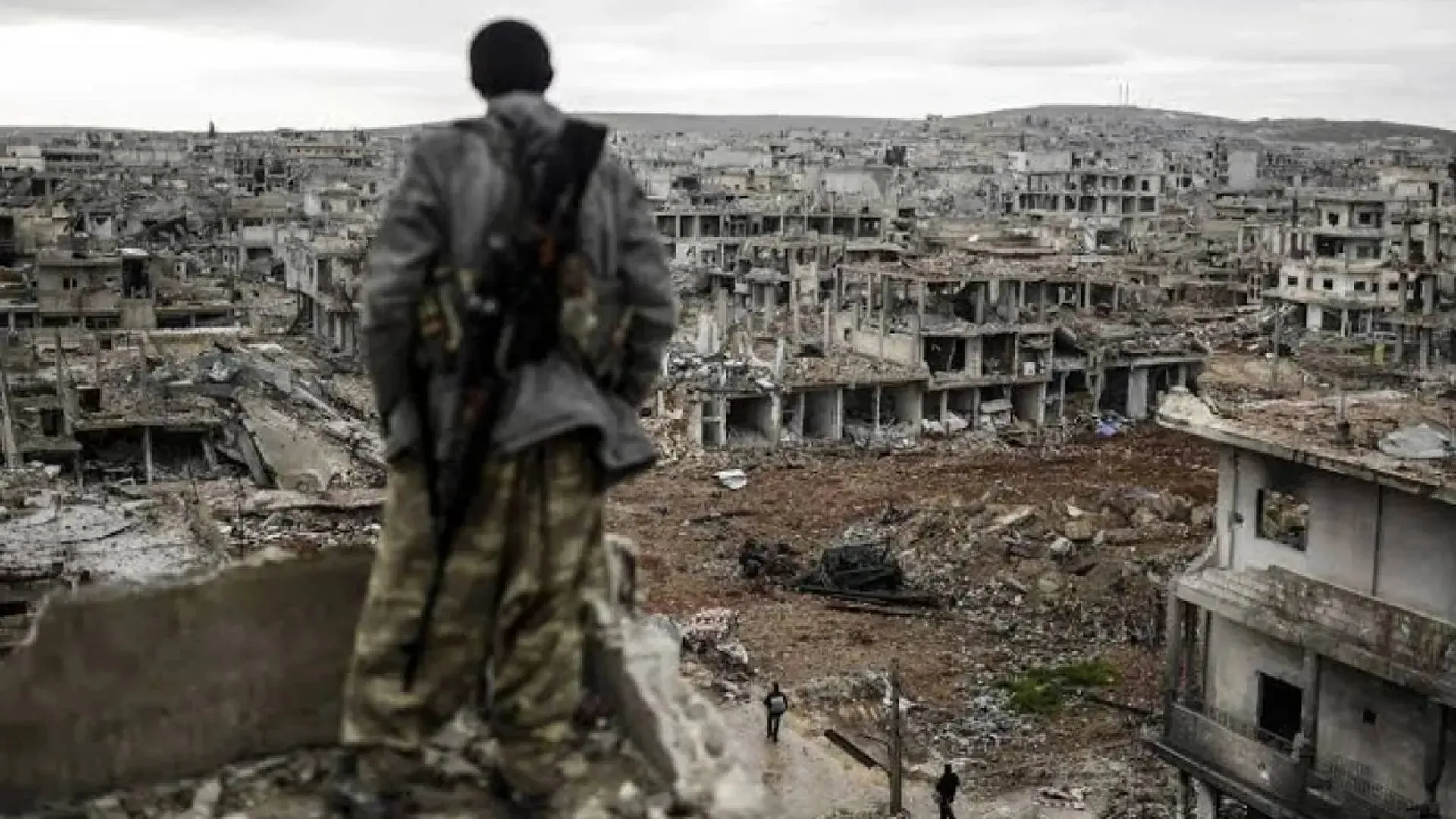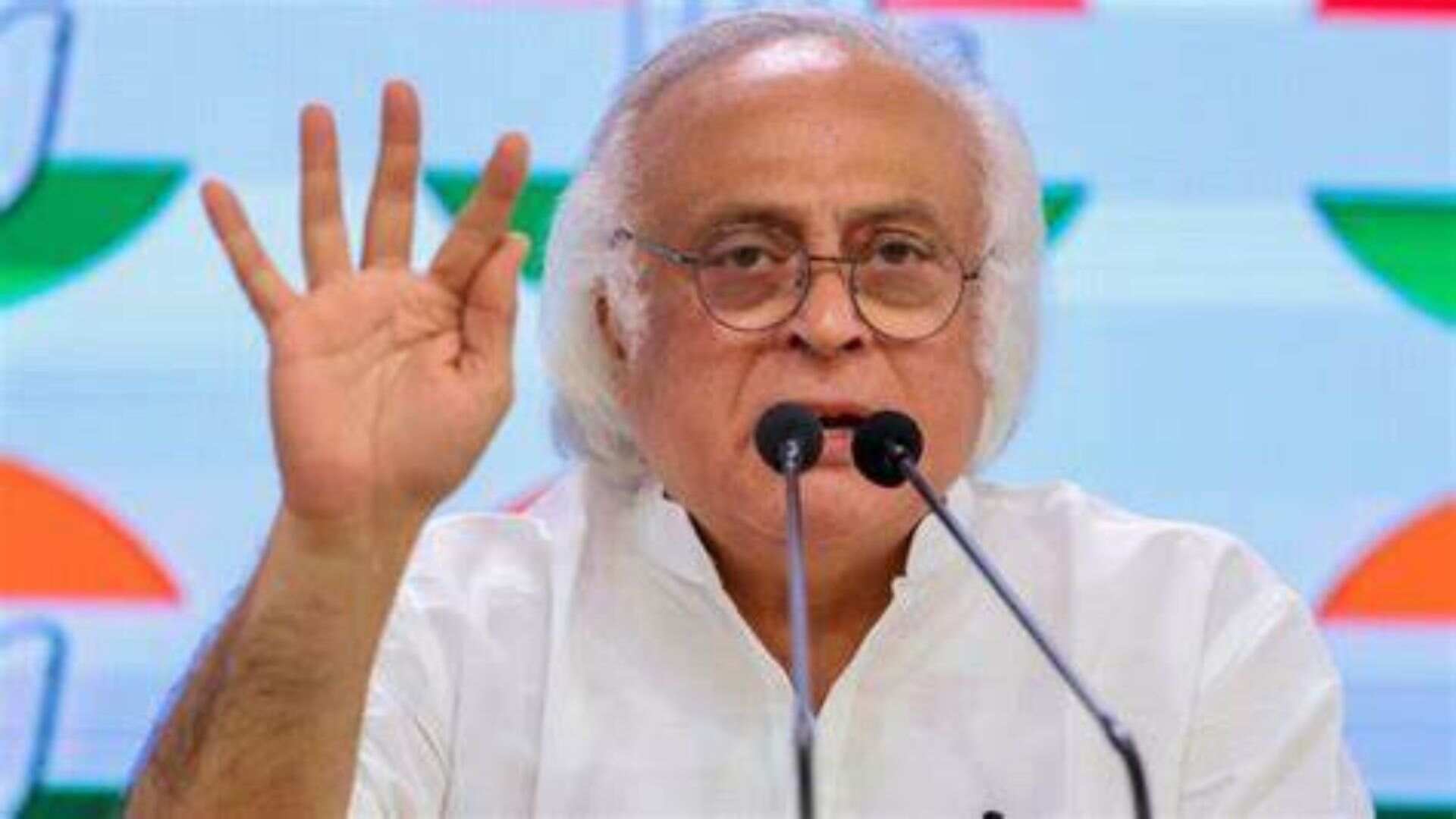The Rs 50,000 crore liquidity window offered by Reserve Bank of India (RBI) to banks under priority sector lending to augment Covid-19 healthcare infrastructure will help raise treatment capacity, availability of medicines, and medical equipment, said Crisil Ratings on Friday.
Hospitals can be among the biggest beneficiaries as incremental funding can potentially increase bed capacity in the country by 15 to 20 percent, it said.
Loans under the scheme for tenures up to three years are available to banks at a repo rate till 31 March 2022. Such loans will also be classified under the priority sector.
Consequently, banks are expected to extend these loans below current interest rates for companies engaged in healthcare activities. These include makers and suppliers of vaccines and drugs; hospitals; pathology labs; suppliers of oxygen; makers of emergency medical equipment; logistics firms; and Covid-19 patients.
As many as 354 Crisil-rated companies with aggregate bank exposure of Rs 40,000 crore will be eligible for such loans. Though pharmaceutical firms account for 68 percent of rated bank exposure, hospitals (24 percent of rated exposure) are likely to avail the majority of the funding available.
The borrowing cost of hospitals rated by Crisil is 10.5 to 11 percent and new loans taken for expansion under this RBI scheme could be 300 to 350 basis points cheaper, leading to substantial interest savings.
Subodh Rai, Chief Ratings Officer at Crisil Ratings, said increased availability of funds at low cost will incentivise hospitals to augment beds, oxygen storage, ICUs and critical medical equipment. “Even if half of the funding available is used to add hospital beds through brownfield expansion, it will mean five lakh incremental beds or 15 to 20 percent of India›s current capacity.”
In comparison, for entities in other healthcare-related sectors such as pharmaceuticals, the capital requirements for enhancing the production capacity of critical Covid-19 related drugs is not very high.
Further pharmaceutical companies, owing to their strong credit profiles and availability of export credit facilities, have a relatively lower average cost of borrowing (8 to 8.5 percent). Thus a majority of pharmaceutical companies may not be keen to take on substantial debt under the RBI window to fund expansion.
Also, only a few companies are manufacturing Covid-19 vaccines and these have availed of government advances/ grants for funding their requirement of Rs 5,000 crore.
While incentives under the liquidity window are attractive, hospital firms will carefully evaluate decisions considering the sustainability of demand and availability of critical resources like manpower and equipment. WITH ANI INPUTS























